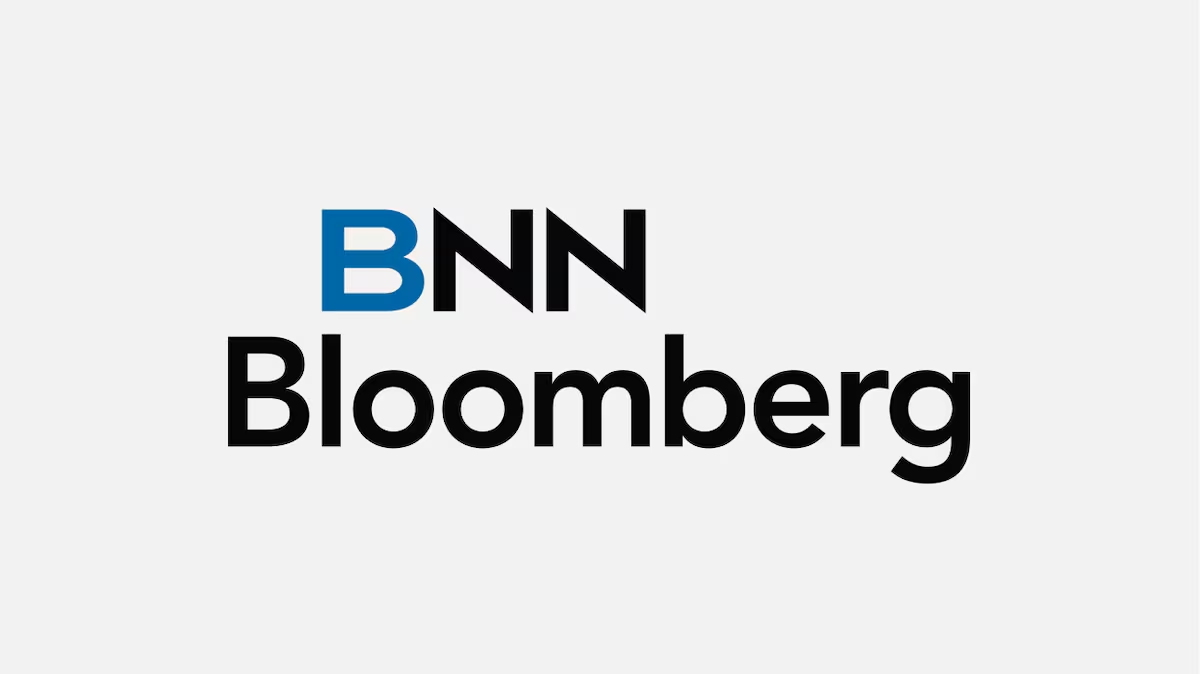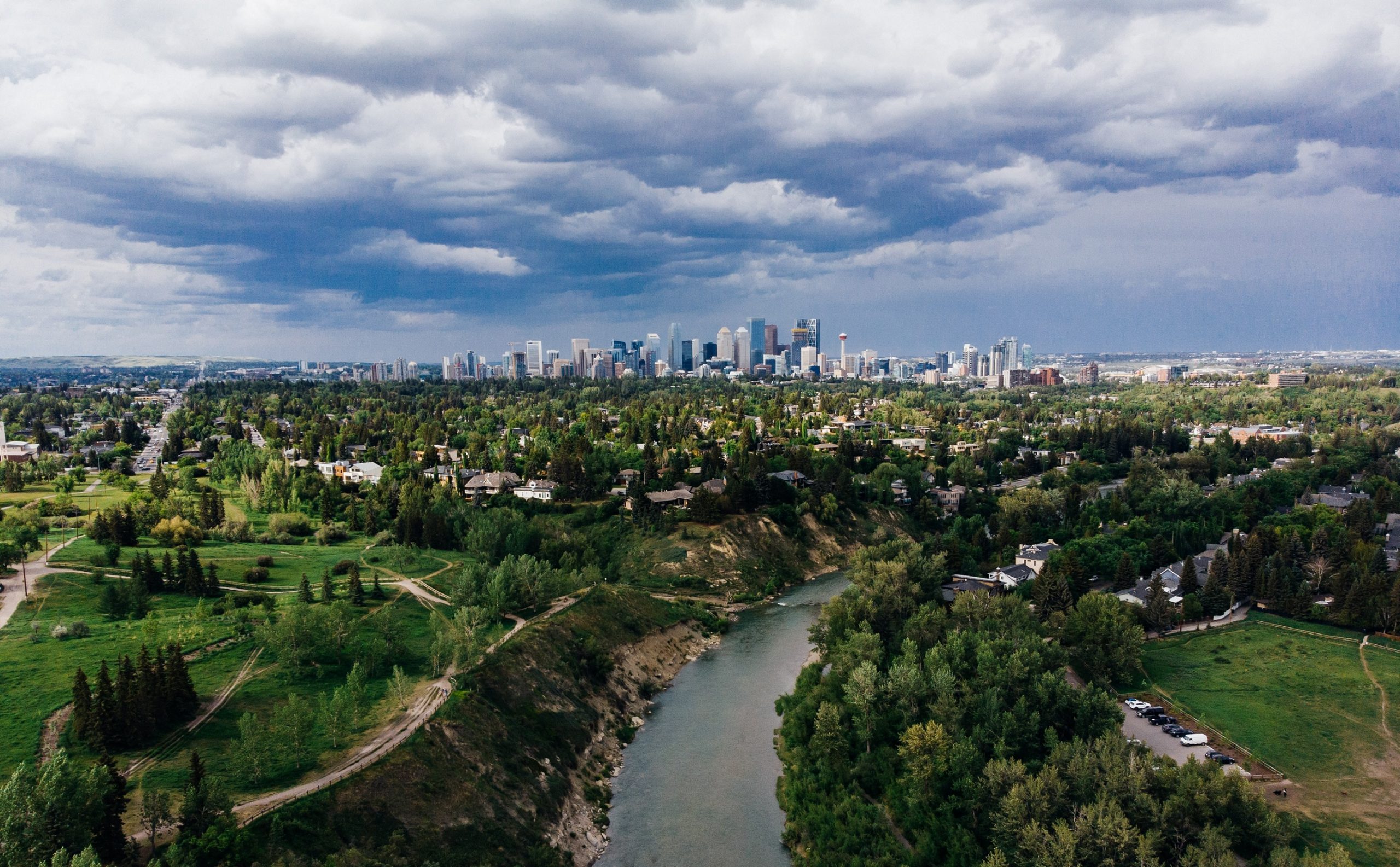I think it comes down to more than one factor such as higher costs. Some of the trend in today's renting/buying culture can be attributed to cost, but I think it's more than just that. I think the aspect of mobility plays a part of it, and people having children at a later age isn't only to do with the cost of accommodation.It's the other way around, we are adjusting our priorities to reflect the reality we live in.
According to StatsCan, the average (individual) income in 1985 was around $25,000. The average home price was about $100k. Rounded, that's a clean 1:4 ratio. In 2021, that ratio is now 1:14, or 1:23 if you live in Toronto or Vancouver. Before anyone says it, the interest rate for a 5-year term mortgage in 1985 was ~12%, even with that factored in, affordability isn't even in the same hemisphere.
I agree that affordability was better in the 80's, 90's, or up to say 2004ish when the real estate market took off in Calgary, but was it light years more affordable? Looking at ratios of mortgage payments compared to take home pay, my first house purchase in the late 90's the ratio was around 1:3 in mortgage payments compared to monthly take home pay, with an interest rate of around 8% iirc.
I don't know what the ratio is in Calgary these days, but my niece payed 210K for an older, but in good shape 2 storey townhouse in NW Calgary. Her monthly payments are less than a 3rd of her take home pay. Her monthly payment ratio isn't much different than mine was 25 years ago. I don't know how much she put as a down payment or what her interest rate is.
As far as Toronto and Vancouver go, that's a whole other situation. Definitely not near as affordable as they were 25 years ago.
Last edited:






